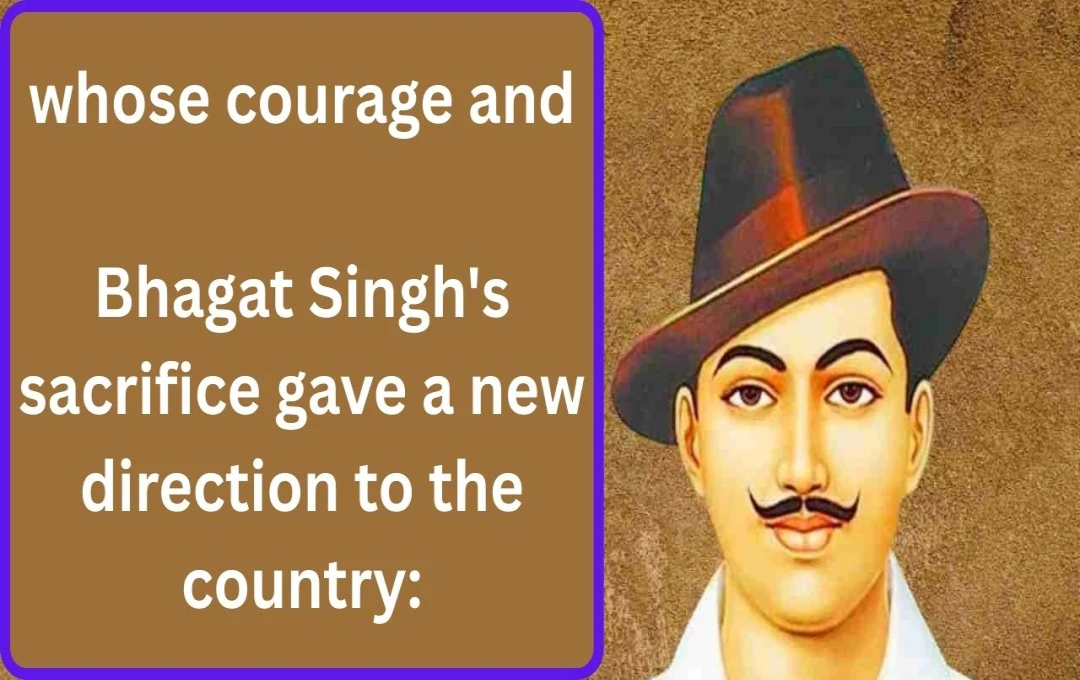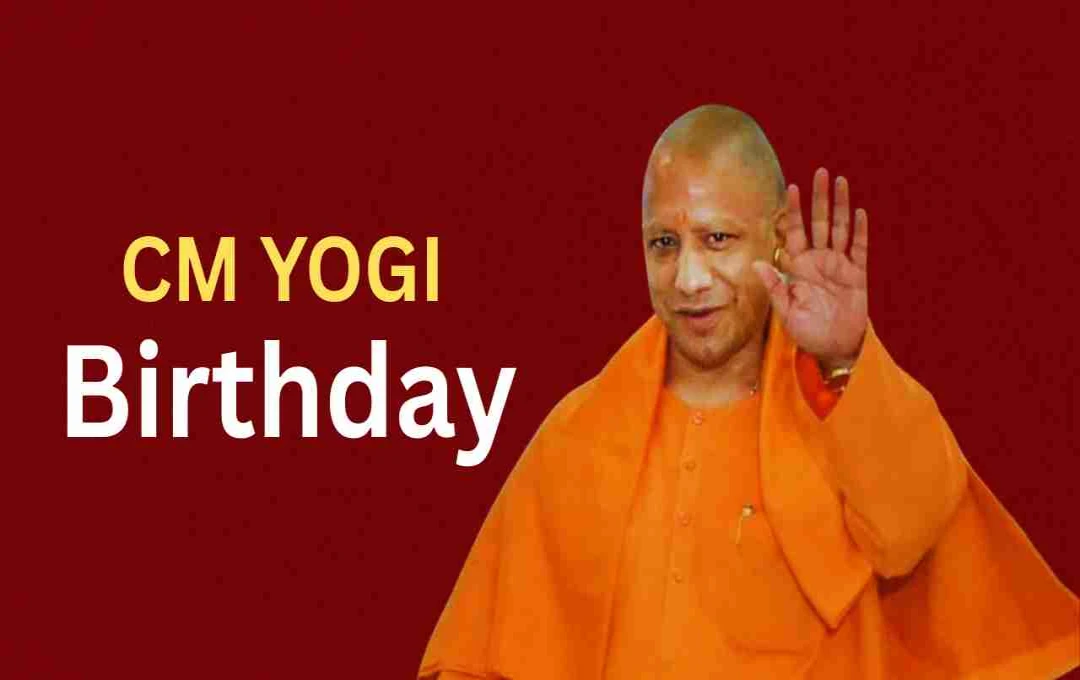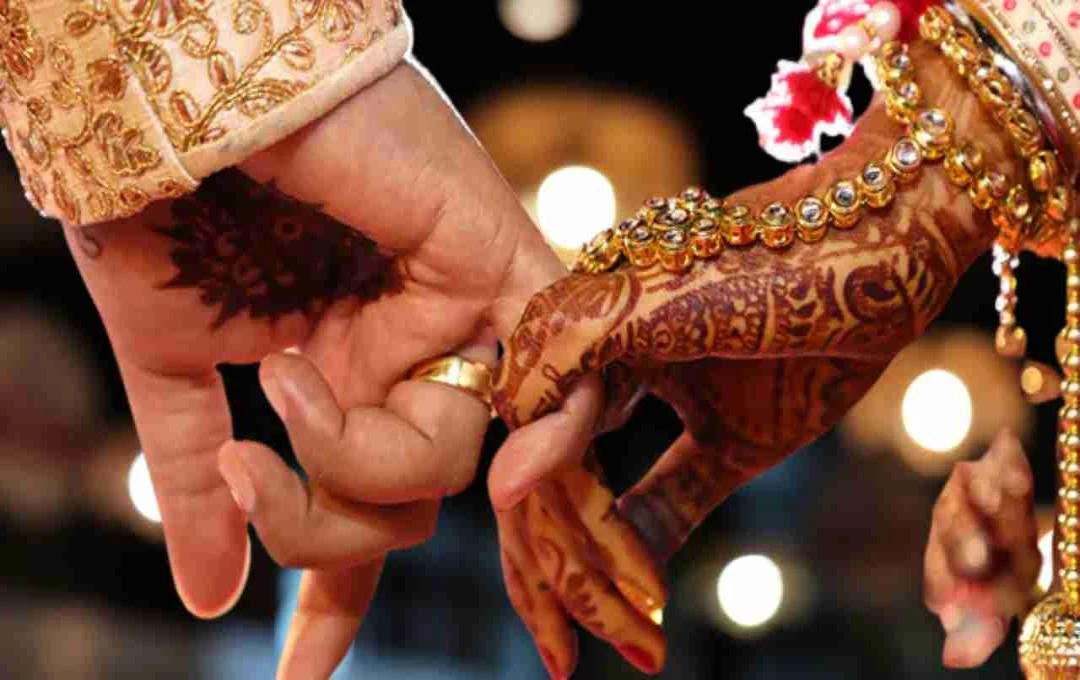Bhagat Singh's name will forever be remembered in India's struggle for independence. His struggle, his ideals, and his sacrifice inspired not only India but the entire world. Through his martyrdom, Bhagat Singh proved the extent of his love for his nation's freedom. Let us learn about Bhagat Singh's life and his contributions.
Bhagat Singh's Early Life
Bhagat Singh was born on September 28, 1907, in the village of Banga, Lyallpur district, Punjab, now in Pakistan. He was born into a family deeply involved in patriotism and the freedom struggle. His father, Kishan Singh, and uncle, Ajit Singh, had both raised their voices against British rule for independence. Even at the time of Bhagat Singh's birth, his father was imprisoned. Growing up in such an environment instilled in young Bhagat Singh a deep-seated desire to contribute to his nation.
Bhagat Singh received his early education in a village school. From a young age, he developed a keen interest in books. He frequently read and was inspired by stories of heroes and revolutionaries. The thoughts of freedom fighters like Lala Lajpat Rai, Bal Gangadhar Tilak, and Ram Prasad Bismil profoundly impacted him.
The Jallianwala Bagh massacre shook Bhagat Singh deeply. He kept the soil from that place with him and resolved to liberate his country. These sentiments later shaped him into a great revolutionary.
Bhagat Singh's Political Life
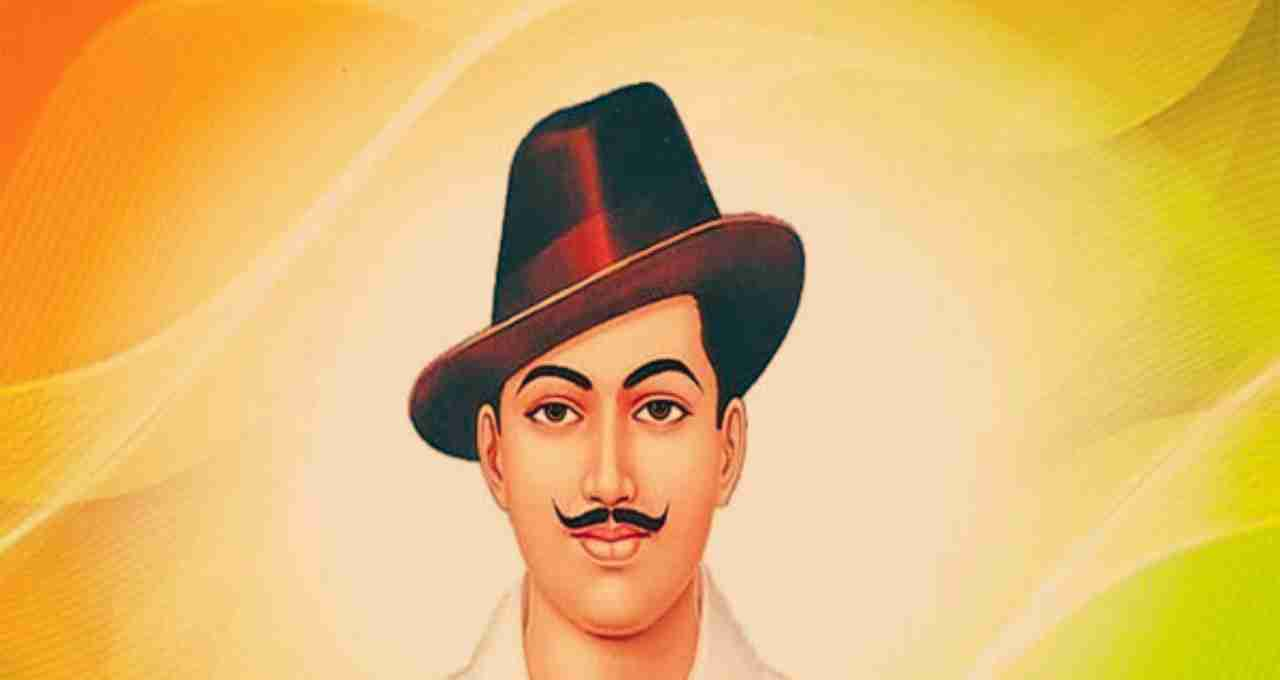
Bhagat Singh embarked on the path of politics and patriotism at a very young age. He witnessed his nation's subjugation under British rule and the exploitation faced by the common people. Initially, he participated in Mahatma Gandhi's Non-Cooperation Movement, but he was deeply disappointed when the movement was abruptly withdrawn. This led him to believe that achieving independence solely through non-violent means was difficult.
This realization drew him towards revolutionary organizations. He joined the Hindustan Socialist Republican Association (HSRA) and launched an armed struggle against British rule. His objective was not only India's independence but also the establishment of a just and equitable society.
Bhagat Singh explicitly stated that he did not use bombs and violence to spread fear, but to raise awareness among people and challenge British authority. He linked 'revolution' not only with weapons but also with ideas.
The Assembly Bomb Case and the Assassination of Saunders in Lahore
One of the most notable events in Bhagat Singh's fight for freedom was the Assembly Bomb incident of 1929. In this event, Bhagat Singh and his comrade Batukeshwar Dutt threw bombs in the Central Legislative Assembly (Assembly) in Delhi without causing any harm. Their intention was not to kill anyone, but to demonstrate that India's youth would no longer silently tolerate British rule. They shouted slogans – "Inquilab Zindabad!" and then surrendered themselves. This act was purely a form of protest, aiming to send a message to both the British government and the Indian public that change was necessary.
A year earlier, in 1928, Bhagat Singh, along with his comrades, assassinated British police officer John Saunders. This action was taken in retaliation for the death of Lala Lajpat Rai, who died due to British police brutality during a protest against the Simon Commission. Bhagat Singh could not tolerate this injustice and avenged Saunders' death. Following this incident, he went into hiding in various locations but later surrendered himself during the Assembly Bomb case. Both events became symbols of revolutionary ideology in the Indian freedom struggle.
Bhagat Singh's Struggle in Court
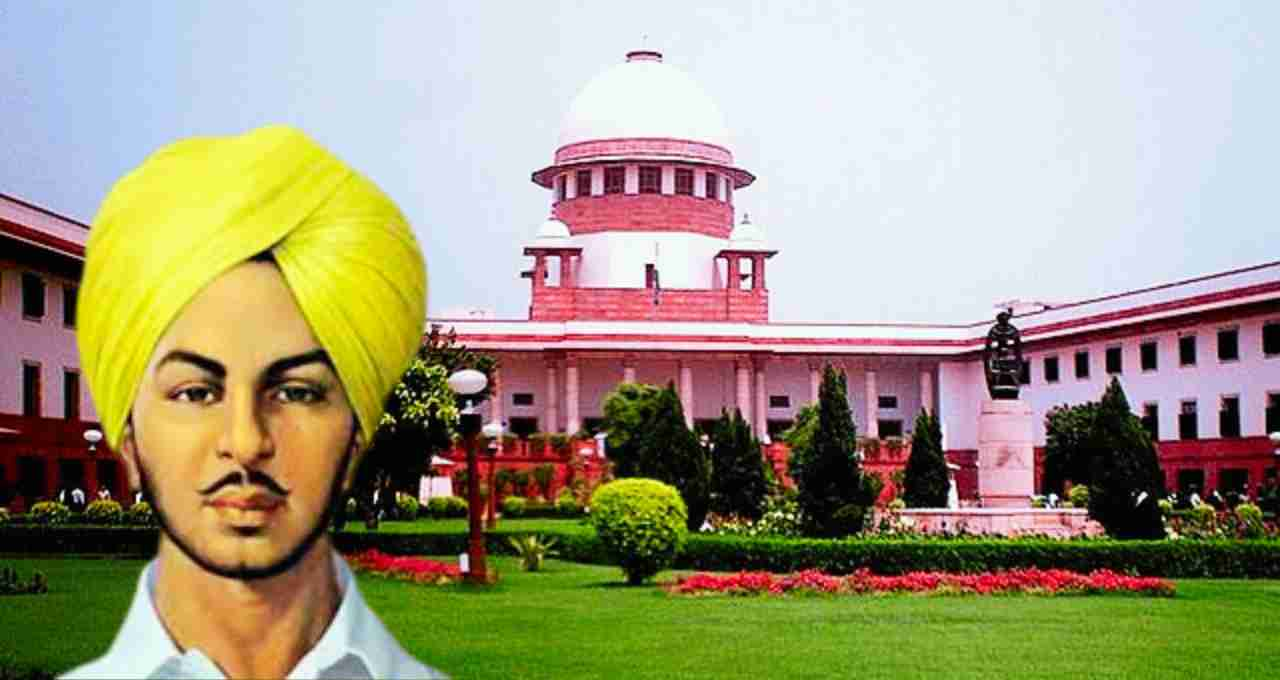
After his arrest following the Assembly Bomb case, Bhagat Singh was brought before the court. However, he did not view the court merely as a legal space; instead, he used it as a platform to openly express his views against British rule. He confidently and forcefully criticized British policies in the courtroom.
Bhagat Singh argued that he had not thrown the bombs to kill anyone, but to raise awareness. He opposed the unjust policies of the British regime and the atrocities inflicted upon Indians. He believed that the fight for freedom should be waged not only with swords but also with ideas. Bhagat Singh's struggle continues to inspire people to voice their opposition against injustice.
Bhagat Singh's Ideals and Their Impact on Society
Bhagat Singh was not just a revolutionary but also a profound thinker. He believed that merely expelling the British from the country did not constitute true freedom. Real freedom would come when every individual in the nation received equality, respect, and justice. He envisioned an India where no one went hungry and no one suffered discrimination based on wealth.
Bhagat Singh also opposed the politicization of religion. He desired a secular India where all religions enjoyed equal freedom and respect. This ideology remains highly relevant today, amidst rising religious and caste conflicts.
He wrote numerous articles and slogans that continue to inspire people. His most famous slogan was – 'Inquilab Zindabad!' meaning 'Long live revolution!' Through this slogan, he urged the youth that if the nation was to change, then the mindset had to change as well.
Bhagat Singh's Contribution
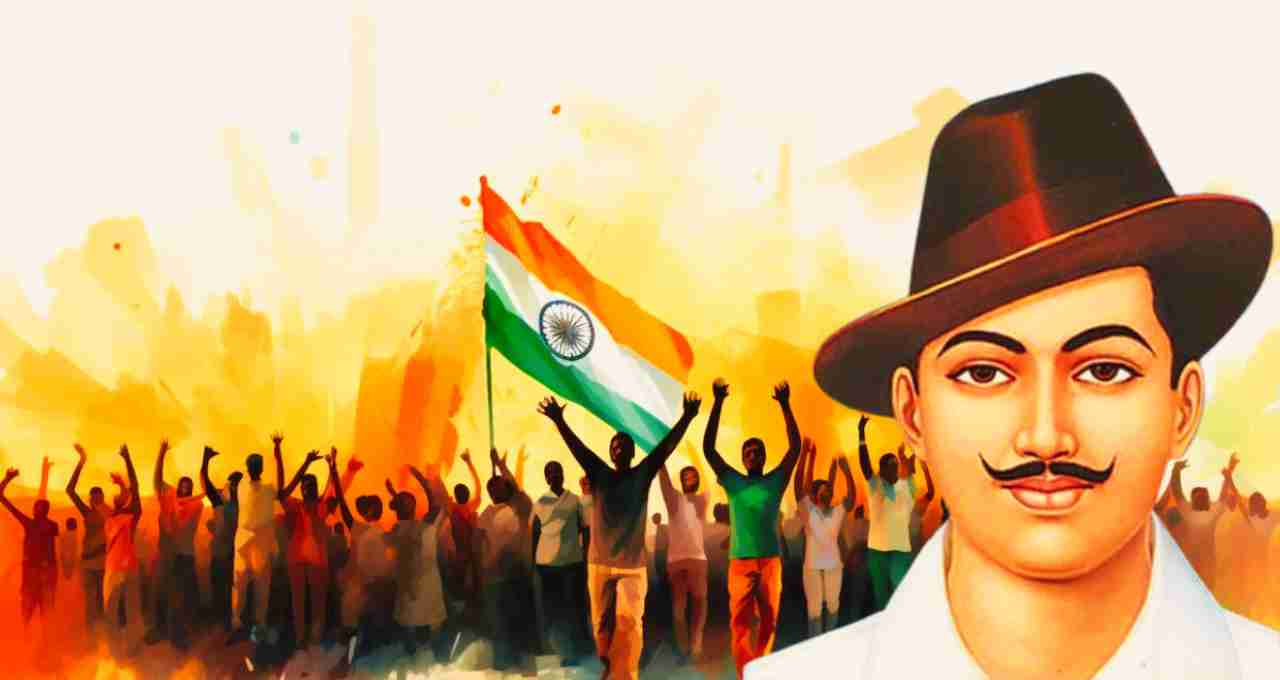
Bhagat Singh's contribution to India's freedom struggle was immensely significant and inspiring. He was not merely a revolutionary but also a thoughtful young man whose ideas were far ahead of his time. He fearlessly fought against British rule and ignited patriotism among the youth.
Bhagat Singh, as a member of revolutionary organizations like the 'Naujawan Bharat Sabha', raised awareness among the youth. He believed that independence meant not only a change in power but also the establishment of equality and justice in society. He advocated for socialism and equality, which remains relevant in modern India.
He challenged British rule by throwing a bomb in Parliament on April 8, 1929, but intentionally avoided causing any harm. His aim was – 'to raise the voice so that even the mute could hear.' Subsequently, he was arrested and hanged on March 23, 1931. He joyfully sacrificed his life for his country.
Bhagat Singh's life is an inspiration, demonstrating that with patriotism and genuine commitment to righteous goals, no obstacle can deter one from their path. His life teaches us that any sacrifice should be accepted for the service of one's country.
